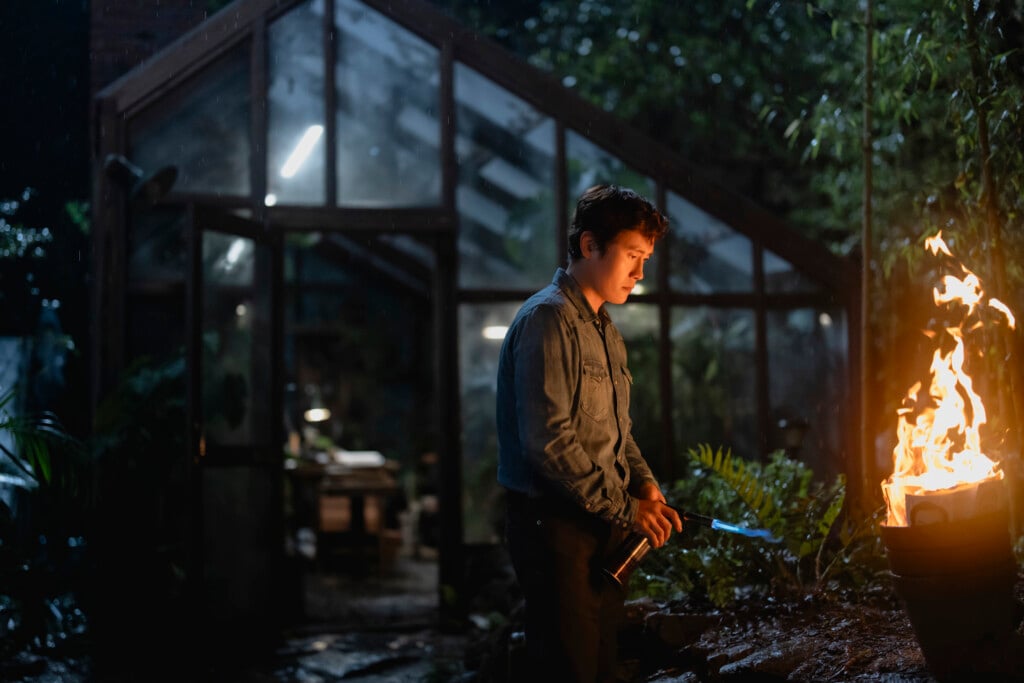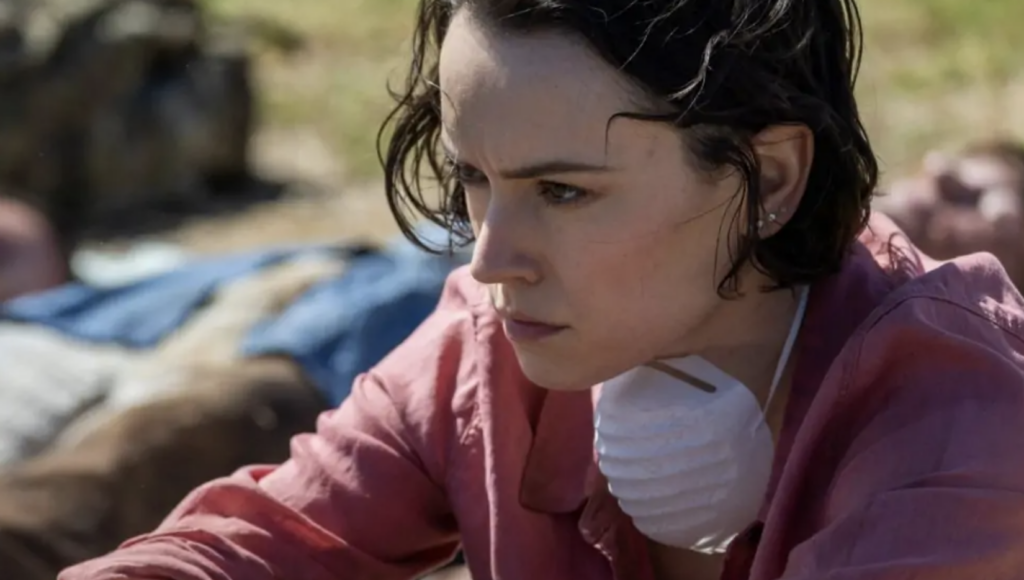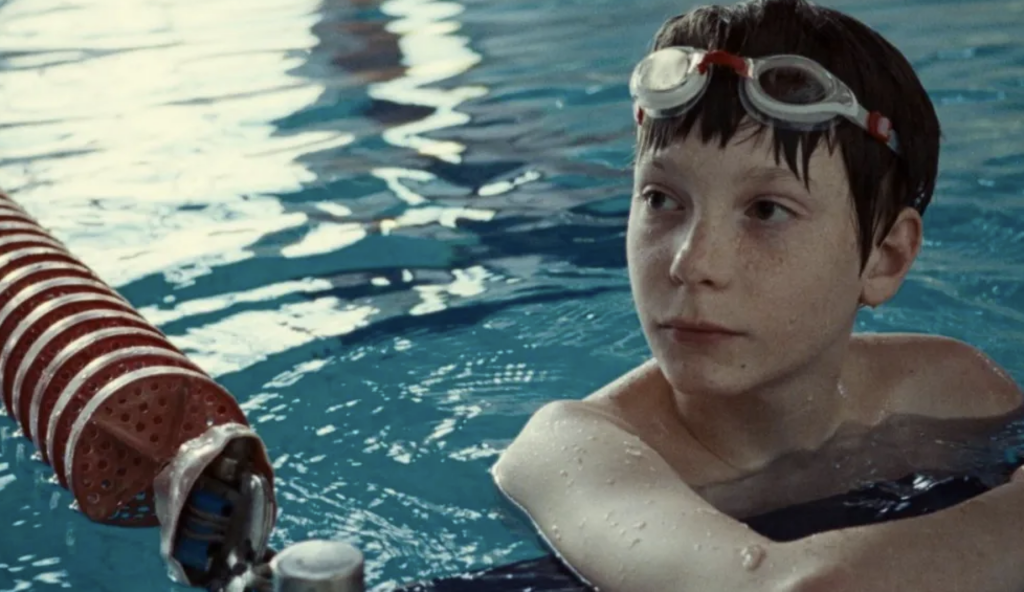James Mangold’s Bob Dylan flick A Complete Unknown will get your dad’s approval, but paints-by-numbers as a music biopic
Perhaps the only review that matters is this: I took my dad to see A Complete Unknown, and he enjoyed himself. He hummed along with the songs, we laughed at a few things, and while we both agreed that I’m Not There is a better movie about Bob Dylan’s artistic identity and legacy, we had a good time. If nothing else, know that Chuck Olcese, lifelong Dylan obsessive and the bullseye of A Complete Unknown’s target audience, gave it his stamp of approval.
My own review is significantly more complicated, but that’s okay. We’ve already reconciled our differences.
James Mangold’s depiction of Dylan’s early ascendance through the explosive “Dylan Goes Electric” performance at the 1965 Newport Folk Festival is a nostalgic trip through the New York folk revival scene of the early 60s. As far as its insight into Dylan himself, it’s distant and doesn’t offer much. What opportunities there are to make the film stand out are mostly missed, or go in directions that do its supporting characters — many of them legends in their own right — dirty.
Mangold’s film starts with Dylan (Timothée Chalamet) hitching to New York to visit his hero, Woody Guthrie (Scoot McNairy) who’s in the hospital suffering from Huntington’s Disease. At the hospital, Dylan meets Guthrie’s friend and fellow folk singer Pete Seeger (Edward Norton), who’s impressed with the young man’s abilities and helps him break into the scene.
Dylan finds success, and love with his girlfriend Sylvie (Dakota Fanning), but one quickly eclipses the other. Dylan’s growing fame and on-again-off-again relationship with Joan Baez (Monica Barbaro) take over his life. Eventually the lack of anonymity and the public’s desire for Dylan to sing the same songs over and over get to him. He picks up an electric guitar ahead of the 1965 Newport festival, everyone gets mad, and the rest is history.
Early on, Chalamet’s Dylan stays with Norton’s Seeger and his family. He plays them the first verses of a song he’s working on — “Girl from the North Country.” Afterward, Seeger’s daughter nods and says “That’s a good start.”
This is A Complete Unknown’s entire approach to Dylan’s creative process. We’ll see him noodling on his guitar late at night. Suddenly he finds the right chord, and presto! We’re hearing “Masters of War” or “Don’t Think Twice, It’s All Right” or “A Hard Rain’s A-Gonna Fall.” It’s the Dewey Cox approach, which is all the more ironic for Walk Hard having brutally satirized Mangold’s Johnny Cash biopic Walk the Line.
There is ample (but mostly missed) opportunity for A Complete Unknown to make an actual impact by commenting on the shifting tides of the folk scene Dylan was part of, and why his switch from acoustic to electric read like betrayal. Contrasting the youthful, artistically evolving Dylan against the purist Seeger is a study in the past and future of the music. Seeger’s performances feel increasingly cringe. When he directs a crowd to sing “The Lion Sleeps Tonight,” he reads like a cheeseball music teacher. On his TV program, he takes viewers on “a rainbow tour of music,” like a banjo-playing Mister Rogers. Seeger starts the film in court fighting accusations of communism.
By the end, he’s relegated to the sidelines while Dylan creates the songs the kids actually want to hear.
Barbaro’s Baez also feels like a scolding relic, which is a massive underestimation of the real woman. When she calls Dylan out for being “kind of an asshole,” we smile knowingly. Later we’re encouraged to roll our eyes when she (reasonably) insists Dylan perform “Blowin’ in the Wind” with her on their sold-out tour — you know, the song that made that tour possible. Is Dylan’s contrarian response characteristic of his volatile relationship with his fans? Yes. Is his refusal to play the song and hanging his partner out to dry kind of shitty? Also yes! And the movie shouldn’t be afraid to say so!
Like many music biopics, A Complete Unknown fails to meaningfully interrogate its subject. The film points out some of Dylan’s flaws, but mostly packages them as quirks, which does its female characters no favors when they try to communicate why those problems are problems.
Mangold’s film coasts on vibes, and that covers a lot — I found those vibes pretty enjoyable, and they were more than enough for my dad. But if you want a more thoughtful consideration of Dylan that isn’t afraid to confront his contradictions, Todd Haynes’ I’m Not There is readily available.






